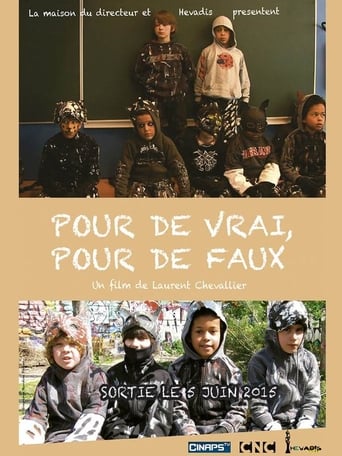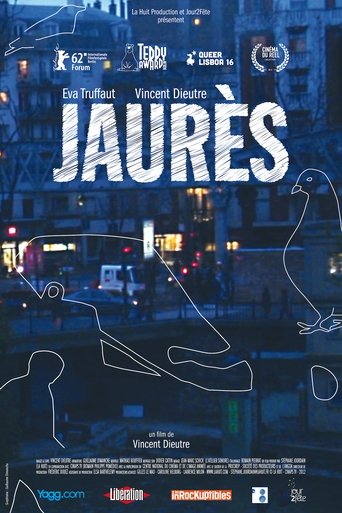Dracula, Le Véritable 2012
Trought History Dracula was a Fiction created by Bram Stoker. A Mi=yth, adaptation to Video which became a vampire forgotten by the man who created him. It is a Documentary to take you back to the origins of Vlad the Impaler while taking place from the bloody witnesses giving us the true story of Dracula...





